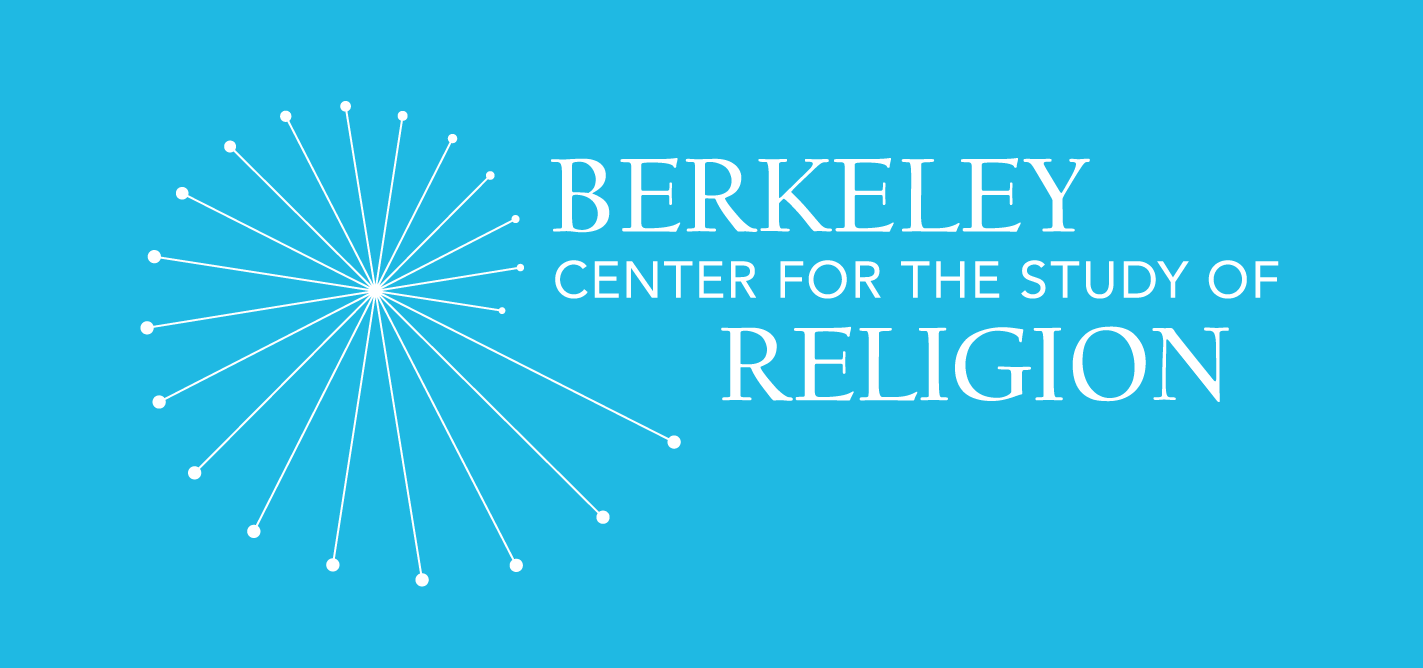With support from the Theology Program, the Berkeley Center for the Study of Religion at UC Berkeley has launched a new program that will examine how theology influences democratic practices and will develop new ways of thinking about religion in public life. A key component of the program will be public outreach, engaging audiences beyond the university by bridging the academic study of religion with issues of broad public concern.
Now in its eighth year, UC Berkeley’s interdisciplinary Berkeley Center for the Study of Religion appreciatively announces that it has received a $500,000 grant spanning three years from the Henry Luce Foundation to examine how theology has influenced, and continues to influence, democratic practices. Professors and BCSR Co-Directors Karen Barkey (UC Berkeley) and David Marno (UC Berkeley), and Professor and BCSR Co-founder Jonathan Sheehan (UC Berkeley), will be the Principal Investigators.
“Because UC Berkeley does not have a formal department of religion, Berkeley faculty and graduate students whose research concerns religion have long been based within a range of other departments across the university. Over the last several years, Berkeley’s Center for the Study of Religion has become a hub that draws these scholars and a wide range of others into sustained engagement with one another. Through a program in ‘public theology’ supported by an earlier Luce Foundation grant, for example, the Center has sought to develop a space for the study of theology in the public university. Building on this recent work, BCSR now seeks to extend and refine its attention to theology, through a public-facing project focused specifically on theology and democracy. We are delighted to support this important new initiative.” – Jonathan VanAntwerpen, Program Director, Henry Luce Foundation.
The multifaceted Berkeley Democracy and Public Theology Program funded by the grant will allow the Center to address the question: What is the relationship between theology and a democratic way of life? A question which has never been more urgent, as older boundaries between sacred and secular are transforming, and traditional democratic and religious institutions are under tremendous pressure from pandemic, globalization, new nationalisms, soft autocracies, and new society-altering technologies and media. The current moment necessitates the development of new ways of thinking about religion in public life and a new engagement with theology in the interests of exploring the possibilities of a common democratic future.







